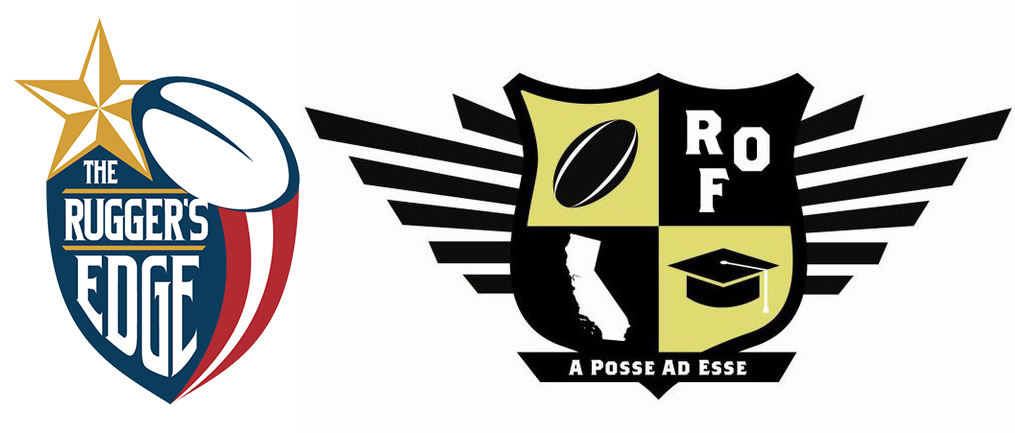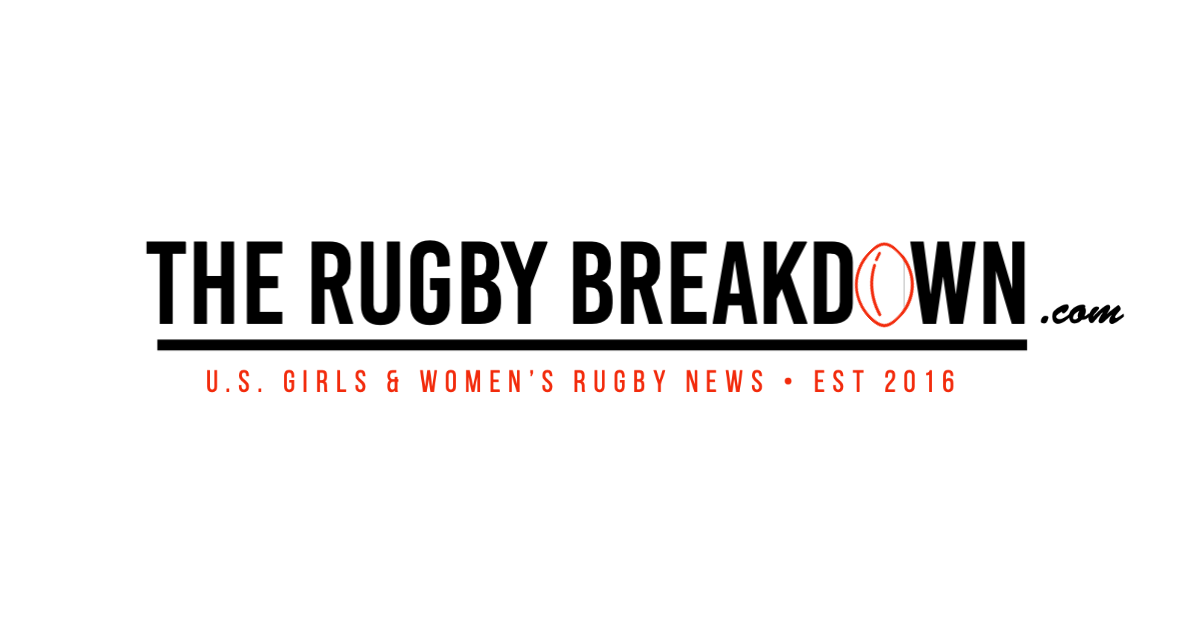
The Rugby Opportunity Fund (ROF) believes that high-level rugby environments can have a powerful, positive effect on a young person’s life. Since 2010, the 501(c)(3) has provided scholarships to high school boys from at-risk communities to attend the Cal Rugby Summer Camp and visit the Bay Area each summer. But in 2020, the ROF wanted to expand and develop its outreach.
Karen Fong Donoghue is CEO of The Rugger’s Edge, the country’s pre-eminent college rugby advisory firm, and she connected with the ROF team via Cal men’s rugby coach Jack Clark.
“In the past, ROF was fundraising to send underserved, typically male, players to the Berkeley camps,” Fong Donoghue said. “It was a way to get students to hopefully think about college, and there’s a little bit of a benefit to Cal in that they could potentially recruit some great talent.
“But then it was nothing after the camp, and ROF wanted to do more follow-up and engagement with these students,” she continued. “So they – Kester Wise and Ian Tong are the two main guys – came up with the idea of having a group of mentors who would work with students. They wanted to expand from this camp-only idea and create a more in-depth experience.”
ROF and Fong Donoghue assembled a group of Cal alumni, as well as ICEF product and Bowdoin College graduate Leodes Van Buren, Jr., and Kate Forman (Univ. Iowa, Sacramento Amazons), who also consults for The Rugger’s Edge. The adults represent a range of professions and rugby experience, and the mentorship program they created targeted promising athletes of any gender.

Forman is also head coach of River City HS rugby teams
“For many of these students, especially if they’re first-generation students, they don’t have a lot of knowledge about the whole college process,” Fong Donoghue said of the importance of forming relationships in vulnerable communities. “It’s answering basic questions with families, like: What’s the difference between public and private institutions? Difference between a bachelor of arts and bachelor of science? How do you pick a major? Get financial aid? If you come from a family where your parents go to college or you’re in a robust high school, then you get this information. You are lucky and can hire me. But we want to provide them with the same level of attention they would get if they weren’t in an underserved community.”
ROF not only had a clearly stated goal but also the infrastructure to receive and review applications, so The Rugger’s Edge was able to focus on content. With that said, the group couldn’t entirely anticipate how the pilot would run considering the unprecedented circumstances that Covid-19 posed, including the cancelation of the 2020 summer camp.
“We tentatively put this out but it was, ‘Let’s do this but be flexible and adjust,’” Fong Donoghue said.
In June, 12 mentees were selected and given a copy of The Rugger’s Edge College Playbook. The first monthly group Zoom call occurred on June 29 and consisted mostly of introductions and pairing high schoolers with mentors.
“One thing we talk about and want mentees to understand is that rugby is a big network,” Fong Donoghue said. “Kester is a lawyer, Ian’s a doctor, Kate’s a teacher. Do you have a question about pursuing a law degree, or curious what it takes to be pre-med or how to get a teaching credential? Then ask away. Even though people are paired, it’s an entire group and everyone’s there to help everyone.”
The session finished with reading and exercise assignments from The College Playbook, and the whole group will meet again on July 27.
“It’s up to each mentor-mentee pair how and how often they interact in the month before the next group meeting, but the goal is to allow them to build trust and to let them know that an adult is committed to helping them through the college-application process,” Fong Donoghue said.
Up until this year, the ROF scholarship winners were all high school boys, because they were heading to the Cal Rugby Summer Camp, but the 2020 class introduced girls. Forman and Van Buren are working with both of them.



